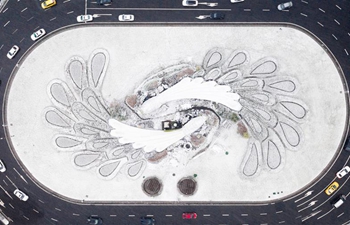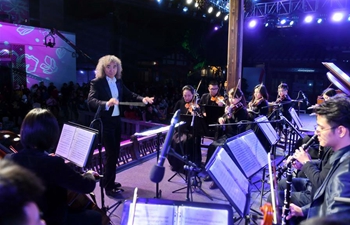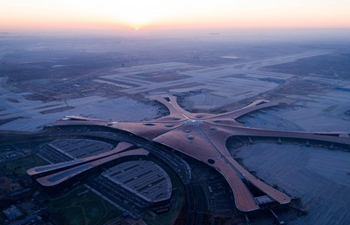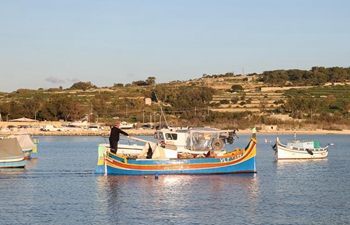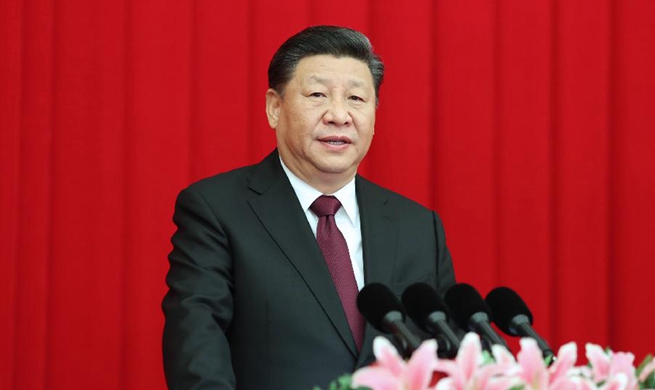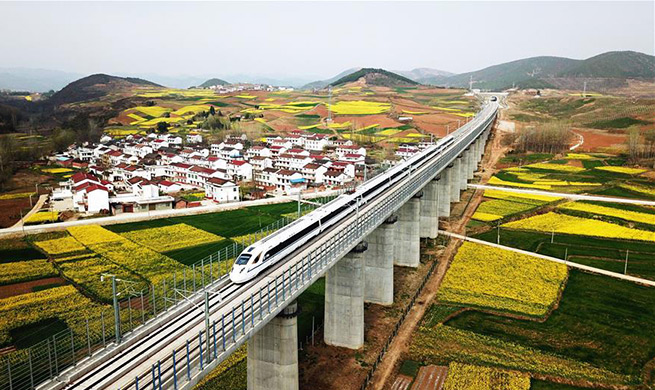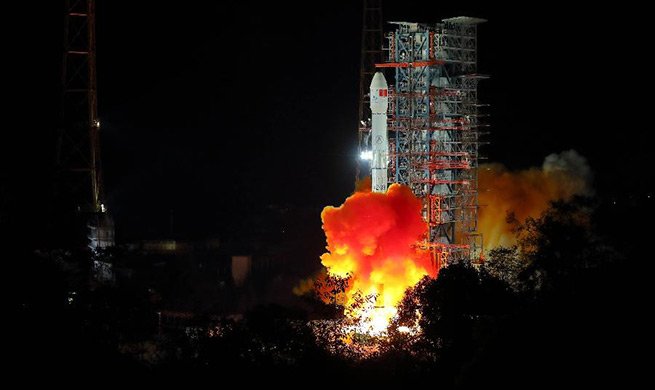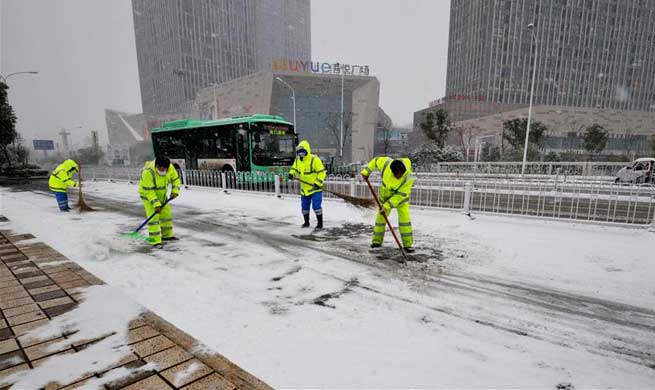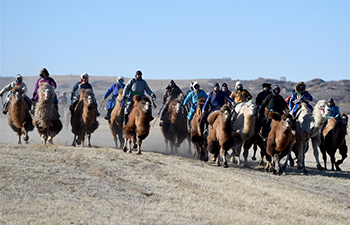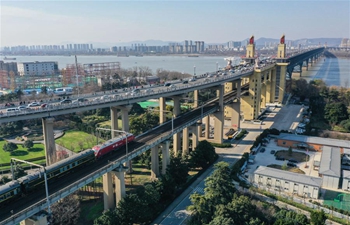by Victoria Arguello
BUENOS AIRES, Dec. 30 (Xinhua) -- Like many Argentines, Juan Carlos Magliati has had to tighten his belt in response to his country's new economic reality and uncertain future.
Magliati runs a kiosk in the capital Buenos Aires that has become something of a fixture over the past 30 years, and his business has been hit
bluntly by this year's severe devaluation and soaring inflation.
The impact "has been quite considerable. As prices rose, it became difficult to buy and maintain prices," said Magliati.
"The impact occurs again every 15 days, with all the brands, with all the suppliers. That makes it tough for us merchants to have a stable, viable and manageable economy," he said.
Among their belt-tightening measures, he and his family are spending less on recreational and leisure activities, eliminating unnecessary expenses, and switching to less expensive food.
At the beginning of 2018, the exchange rate stood at 18.74 pesos to the U.S. dollar. By late December, the dollar was traded at more than 39 pesos.
Accumulated inflation up to November was 43.9 percent, with financial analysts consulted by Argentina's central bank forecasting it will end the year at over 47 percent.
According to Argentina's National Statistics and Census Institute, the country's retail and wholesale sectors have been the worst hit by a combined punch of devaluation and inflation, with business falling more than 11 percent in October from a year ago.
Lackluster retail and wholesale businesses have led to layoffs and a rise in unemployment, which has further intensified the sense of instability and uncertainty.
"The matter of employment has also been affected. There is a very clear social aspect" to the economic crisis, said Magliati.
"We will have to see in what period of time they can fix this social impact. The epicenter is the economy, which has an effect on people's state of mind, which is what people are talking about most," he added.
Things are "very unstable ... As a merchant, I am seeing highly fluctuating moods among the people who come each day to have a coffee and no longer buy a pack of cigarettes, but individual cigarettes," said Magliati.
Families with very young children suffer the most, he said, because a large chunk of their budget is spent on food.
The price of the basic goods in Argentina jumped 54.1 percent in November year on year. If the basic services are included, the increase is even higher, at 57.3 percent, according to official figures.
A typical family of four, with two adults and two children, needs a monthly income of 10,122 pesos (about 259 dollars) just to cover basic food needs.
To cover basic goods and services, and avoid slipping below the poverty line, a four-member family needs 25,206 pesos (about 646 dollars).
Argentines expect the government to bring inflation under control in 2019, and take steps to boost the economy.
The current situation calls for those in charge to "take a balanced view" and more "sensible economic measures", to protect the most vulnerable, said the business owner.




